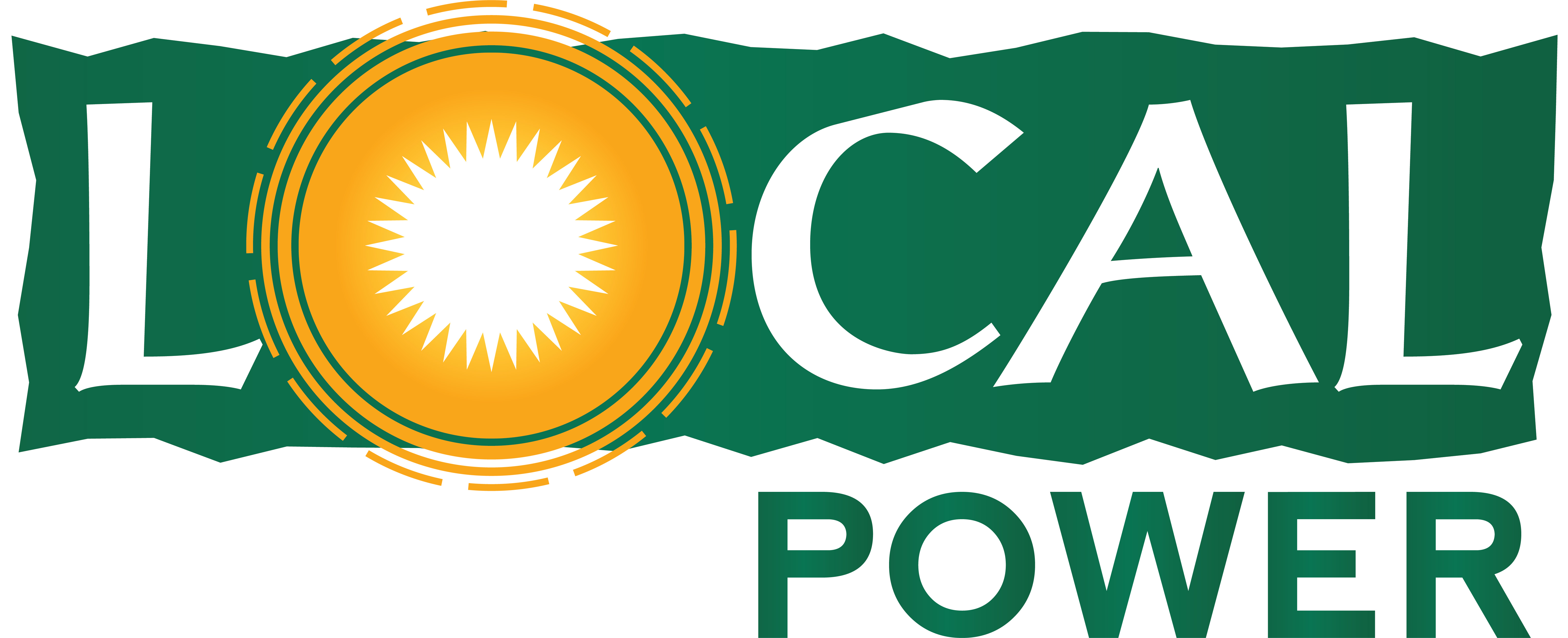What are solar panels and how do they work?
Utilising PV Panels to run your business
Photovoltaic (PV) panels, commonly referred to as solar panels, harness the sun’s radiant energy, and transform it into usable electricity. This electricity is then used to help meet the electricity demands of your business.
The predominant PV system in Ireland is the grid-connected model, which, as implied by its name, links directly to the national electricity grid. During nighttime, or when the panels are not generating power, electricity can be drawn from the grid. Notably, if your solar installation yields excess power, you have the potential to sell this excess back to the grid through the Mini-generation and Small Scale generation schemes.
These require an application the ESB. Here at Local Power we handle the grid connection process on our clients’ behalf. Through incentives like solar feed in tariffs, businesses can offset even more of their installation costs by selling their energy back- this is particularly beneficial where the business is closed for the weekend.
Mechanics of PV Panels
The term ‘photovoltaic’ in solar panels refers to the incorporation of photovoltaic cells. These cells, primarily constructed from semiconductor materials like silicon, are assembled to constitute a solar panel. While individual cells are minuscule, collectively, they can be remarkably effective. Sunlight exposure generates an electric field across these cells, with brighter sunlight leading to higher energy output. Importantly, these cells can still function and produce energy even on overcast days.
Solar PV panels can conveniently be installed atop a wide variety of existing roofs or mounted on the ground where roof top installation isn’t an option.
Advantages of PV Panel Installation
Adopting PV panels as a power source makes economic sense. After the initial outlay, businesses can expect a significant reduction in their electricity costs and paybacks of 3-5 years when taking grant and tax incentives into account.
Environmentally, solar energy is sustainable and reduces carbon emissions, promoting a greener planet.
PV Panel Varieties
Three primary categories exist for commercial PV panels:
- Monocrystalline PV panels: The pinnacle of efficiency, these panels are fashioned from a singular silicon piece, facilitating optimal electricity conduction. Their superior performance comes with a higher price tag.
- Polycrystalline PV panels: These are crafted by fusing multiple silicon fragments, which slightly impedes electricity conduction. Their manufacturing simplicity translates to cost-effectiveness.
- Thin-film PV panels: The most budget-friendly yet least effective option. For those seeking pliability, thin-film panels are ideal.
It’s crucial to distinguish between PV panels and solar thermal panels; the latter is designed exclusively for domestic hot water generation.
PV Panel Maintenance Insights
Maintaining solar panels is straightforward: ensuring they remain clean and unobstructed is key. In Ireland our weather is very good at keeping solar panels clean and installations are generally designed in such a way so as to minimise shading. In addition, Local Power offers a comprehensive maintenance and monitoring package to ensure your system continues to produce at its best.
Typically, PV panels boast a lifespan of 25-30 years, while inverters might necessitate replacement every 10-15 years. It’s key to ensure the product you choose comes with strong warranties.
In summary, solar panels are a remarkable renewable energy source. Beyond environmental contributions, they offer substantial savings on electricity. Their ease of maintenance and longevity make them a commendable investment for the future. If you are interested in solar panels for your home, business or farm here in Ireland, reach out to Local Power for a no-obligation free quote.


